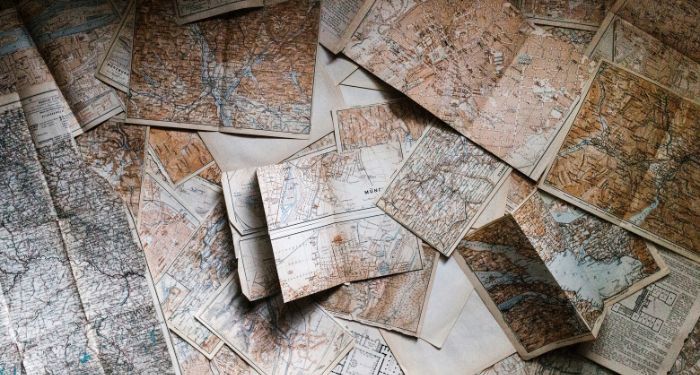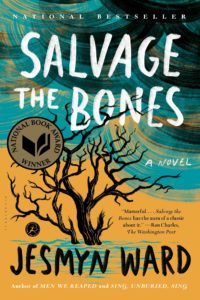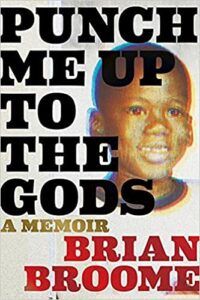
Why You Should Start Reading Regional American Literature
When I moved from central Appalachia to the South 14 years ago, I struggled with intense culture shock. As I navigated starting college and living in a dorm for the first time, I also found myself completely overwhelmed by how different Southern culture was from where I grew up. The people at coffee shops would start talking to me seemingly at random. I’d be shopping at Target and a complete stranger would walk up to me and start asking me about my choice of shampoo. Women would look me dead in the eye as they said “Bless your heart,” which I could tell was actually some sort of insult.
Eventually, I decided to stay in South Carolina after graduating, and while I tried for years to adjust to my new home, it wasn’t until I began reading Southern literature that I finally started to truly understand the region. Jesmyn Ward’s Salvage the Bones makes the Mississippi delta region come alive on the page as we watch her characters prepare for hurricane Katrina. Attica Locke’s Bluebird, Bluebird took me on a road trip across Texas. And some books gave me a bird’s eye view, like John T. Edge’s The Potlikker Papers, which took me on a tour of the South’s many cuisines. As I read, each new book reinforced that the South is not a monolith. It’s a complex, diverse region that you could study for your entire life and never truly understand it. Ever since first diving into Southern literature, I’ve always found joy in trying anyway and reading whatever books from the region that I can get my hands on.
Reading books about the region I lived in has helped me feel more at home, but after I’d read dozens and dozens of Southern books, I began to think about where I grew up in Appalachia. Appalachia and the South overlap, and both still maintain their own unique cultures and histories. Silas House’s Appalachian Trilogy portrays the same Eastern Kentucky family as they move through the decades of the 20th century. Crystal Wilkinson’s The Birds of Opulence centers around different generations of Black women living within the same community. Leah Hampton’s short story collection F*ckface: and Other Stories features characters from across southern and central Appalachia. These books, and others like them, are a beautiful blend of Southern Appalachian culture.
If you head up into the Appalachian portions of Pennsylvania and Ohio, you’ll find Brian Broome’s Punch Me Up to the Gods, a memoir about Broome’s childhood and early adulthood growing up as a gay Black boy in Appalachian Ohio and moving to Pittsburgh, Pennsylvania. Ohio author Donald Ray Polluck writes about families in a small town in his short story collection Knockemstiff. Deesha Philyaw’s The Secret Lives of Church Ladies examines ideas around Black women’s sexuality and coming-of-age. Each author writes about Appalachia as they know it best, giving us glimpses into different parts of the region. These books contain universals that anyone can connect with and relate to, and readers who call these regions home can finally see themselves in the pages of a book.
Growing up, I didn’t have the opportunity to read books about where I was from. I always read about distant major cities or completely different countries. I remember getting so excited when I just saw the name of a nearby town in whatever book I was reading. But in the past decade, I’ve been making up for lost time. I’ve come to love the diverse range of stories from Appalachia and the South. Now when visitors walk into my living room, they’re greeted by bookshelves covered in Appalachian and Southern literature from all sorts of different genres. What’s more, my TBR cart is overflowing with brand new-to-me stories just waiting for me to pick them up and start reading.
Regions like Appalachia and the South contain a wealth of literature just waiting for new readers to find them. That’s why it’s important to support regional authors, indie presses, and indie bookstores, all of whom champion these kinds of books. Everyone should have the opportunity to read books about where they are from and explore parts of the country they may never be able to visit. That’s the joy of reading.


















